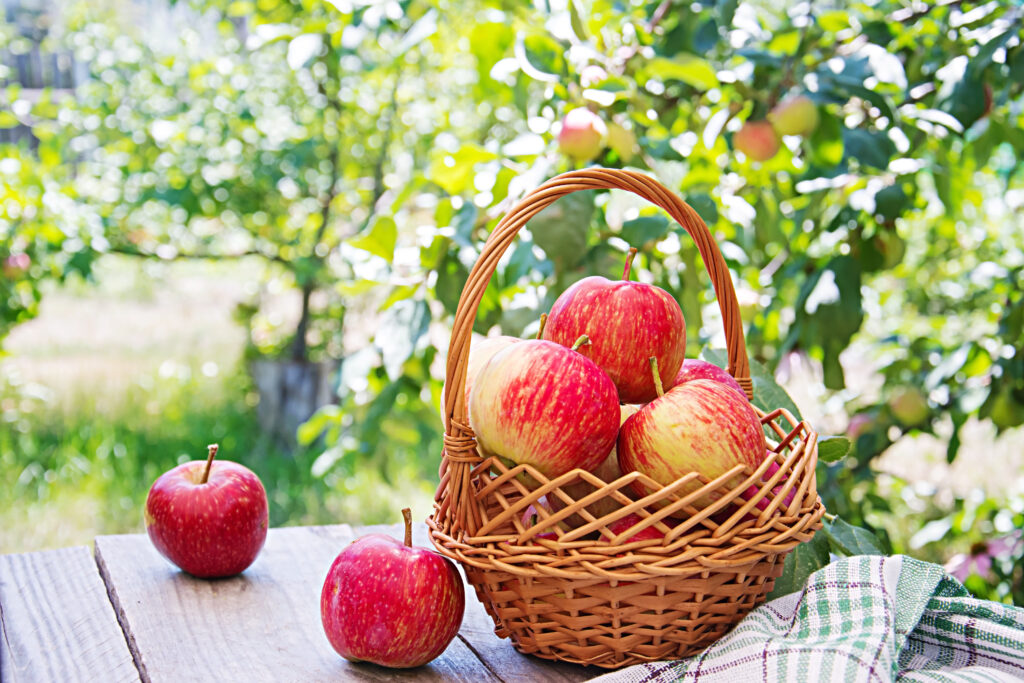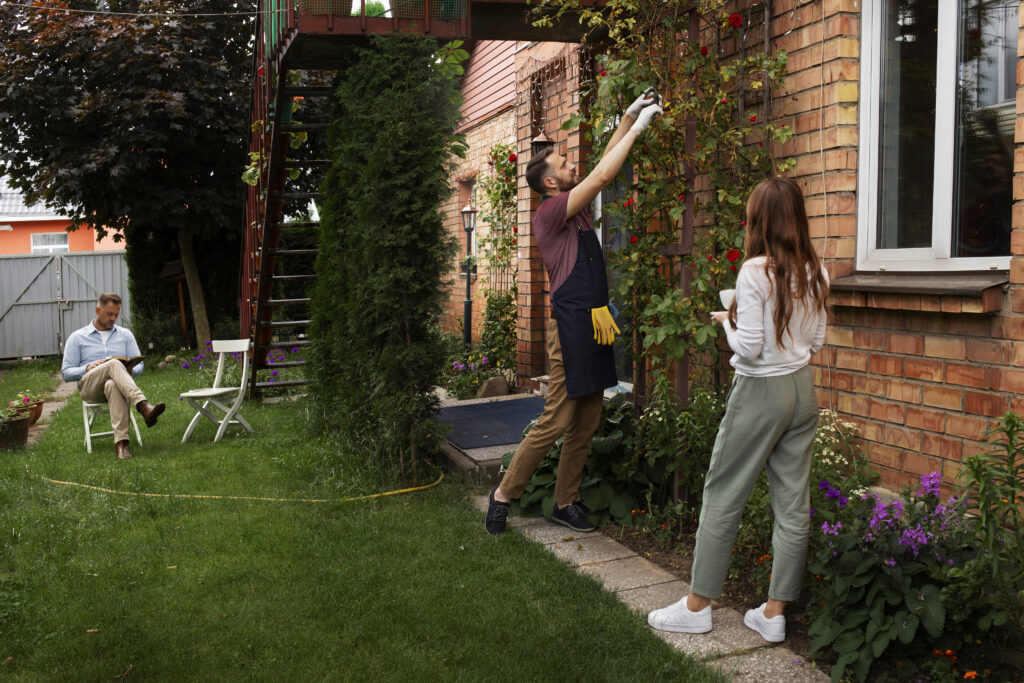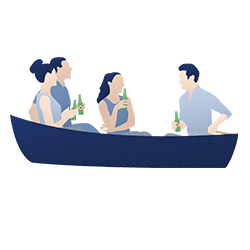The 10 most common Dutch proverbs
This article was written by Paulien Koers from Vertaalbureau-Perfect.nl
Anyone who hasn’t quite mastered the Dutch language may find themselves quite confused at times. Dutch is full of curious expressions and proverbs that can sound very strange to outsiders. Time to ‘get them under the knee’! In this article, Paulien Koers from Vertaalbureau Perfect is happy to explain some of the most commonly used proverbs in Dutch, so you’ll have an idea of what to expect when someone uses one in conversation.
Proverbs are an important part of the Dutch language
Just like in other languages, Dutch contains many proverbs. These types of expressions have been an essential part of the Dutch language for centuries. During the Golden Age, for instance, proverbs were widely used. Not only to convey wisdom, but also to entertain. At that time, many people were illiterate, and proverbs served as a way to remember bits of folk wisdom.
Some artists even got creative with proverbs. Take painter Pieter Bruegel the Elder, for example, who created a now-famous village scene hiding over 100 proverbs in it! These days, Dutch proverbs aren’t quite as prominent in the language as they once were. They are still used, of course, but less frequently than in the past. This is partly because people today can express themselves better in both writing and speech.
Typical Dutch proverbs explained: what you can expect
Many of the most commonly used Dutch proverbs are uniquely Dutch in origin, but some come from other languages, such as English. Are you an expat and eager to learn more about Dutch proverbs? Or do you have another reason for being curious about the most-used sayings? Then take a good look at the list below.
1. De appel valt niet ver van de boom
Literal translation: The apple doesn’t fall far from the tree.
Meaning: A child resembles their parent(s), either in appearance or personality. You use this when someone clearly takes after their mother or father.

2. Nu komt de aap uit de mouw
Literal translation: Now the monkey comes out of the sleeve.
Meaning: The truth comes out; the real situation is finally revealed. People say this when something hidden becomes clear.
3. Beter een vogel in de hand dan tien in de lucht
Literal translation: Better one bird in the hand than ten in the air.
Meaning: It’s better to appreciate and keep what you already have than to take risks and end up with nothing.
4. Iets onder de knie hebben
Literal translation: To have something under the knee.
Meaning: To master something; to be skilled at something. It means you’re good at something because you’ve practiced or learned it well.
5. Met de deur in huis vallen
Literal translation: To fall into the house with the door.
Meaning: To get straight to the point without any introduction. This is a typically Dutch expression. After all, Dutch people are known for being direct.
6. Door de mand vallen
Literal translation: To fall through the basket.
Meaning: Someone is exposed as a fraud or liar. It refers to someone being found out for who they truly are.
7. Wie zijn billen brandt, moet op de blaren zitten
Literal translation: He who burns his buttocks must sit on the blisters.
Meaning: If you make a certain choice, you have to deal with the consequences. You are responsible for your own actions.

8. Een uiltje knappen
Literal translation: To snap (or nap) a little owl.
Meaning: To take a short nap, especially during the day to recharge. The literal version sounds strange, but it’s a sweet and playful way of saying “take a quick nap”.
9. Het is water naar de zee dragen
Literal translation: It’s like carrying water to the sea.
Meaning: Putting effort into something pointless or unnecessary. It describes a task that’s a waste of time and energy.
10. Het gras is groener bij de buren
Literal translation: The grass is greener at the neighbor’s.
Meaning: Things always seem better elsewhere. People often feel that others have it better, though that may not be true.

So don’t be thrown off if you hear someone say they’re “going to catch a little owl” or “fall into the house with the door”. Once you know what these and other sayings mean, the Dutch language becomes not only clearer, but also a lot more fun! Before you know it, you might even find yourself using these Dutch proverbs.



















